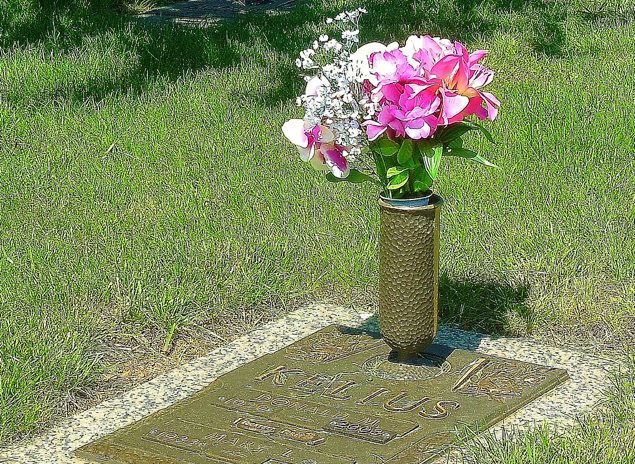Coping with Grief During the Holidays My Story
So you struggle with grief or sadness over the holidays? Do you feel out of sync with others because you miss your lost loved ones? Coping with grief during the holidays is common. You are not alone. Here are some tips and strategies to help you deal with your grief
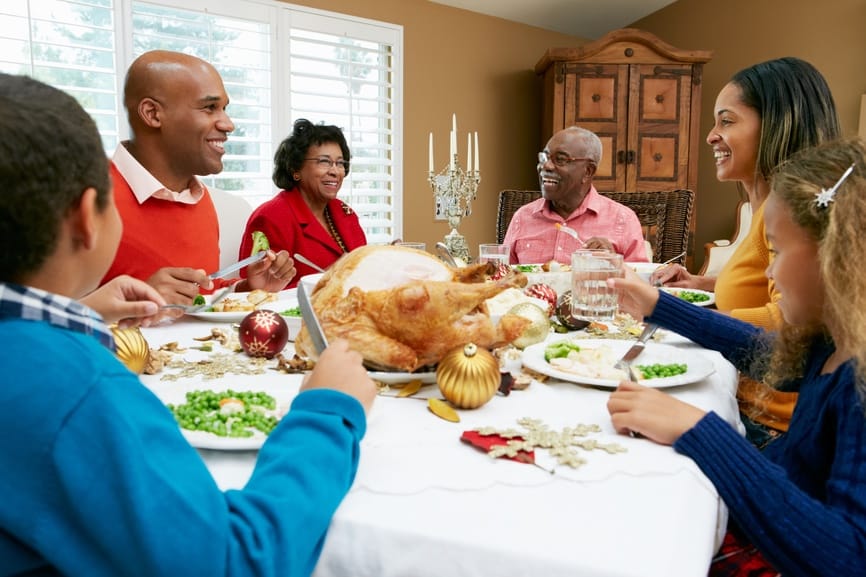
It's the holiday season, a time that's supposed to be festive and happy. For me it has always been a time of year when I struggle.
My Story Of Dealing with Grief During the Holidays
When I was 18 years old, my mom was diagnosed with lung cancer. It was found on pre op chest x ray, prior to her gallbladder surgery. My mom never smoked a day in her life. Her parents lived above the dry cleaners they owned.
I spent the summer taking my mother back and forth for cobalt treatments. It was a grueling summer. I started nursing school that September, at the hospital where my mom was receiving her treatments.
That morning in mid December, my mom saw her oncologist. We had plans, after her appointment, to finish up Christmas shopping for my brothers and sister. My mom was elated as she learned she beat cancer. The oncologist gave her a clean bill of health. She was on her way over to the nursing school across the street to share her news with me.
The elevator was located right outside the oncologists office. As she entered the elevator, my mom collapsed. She had thrown a pulmonary embolism. She was admitted to ICU that night. I had a short visit with her and she gave me the list of things I needed to get for my siblings Christmas presents.
That was the last conversation I had with my mother. While I was out shopping, she died. It was Dec 17th.
My mom always made the holidays such a special time. There I was 18 years old, the oldest of 4. That first Christmas was just devastating. We pushed through the holidays, numb and in shock.
Do You Struggle with Holidays? Anniversaries? Birthdays of Lost Loved Ones?
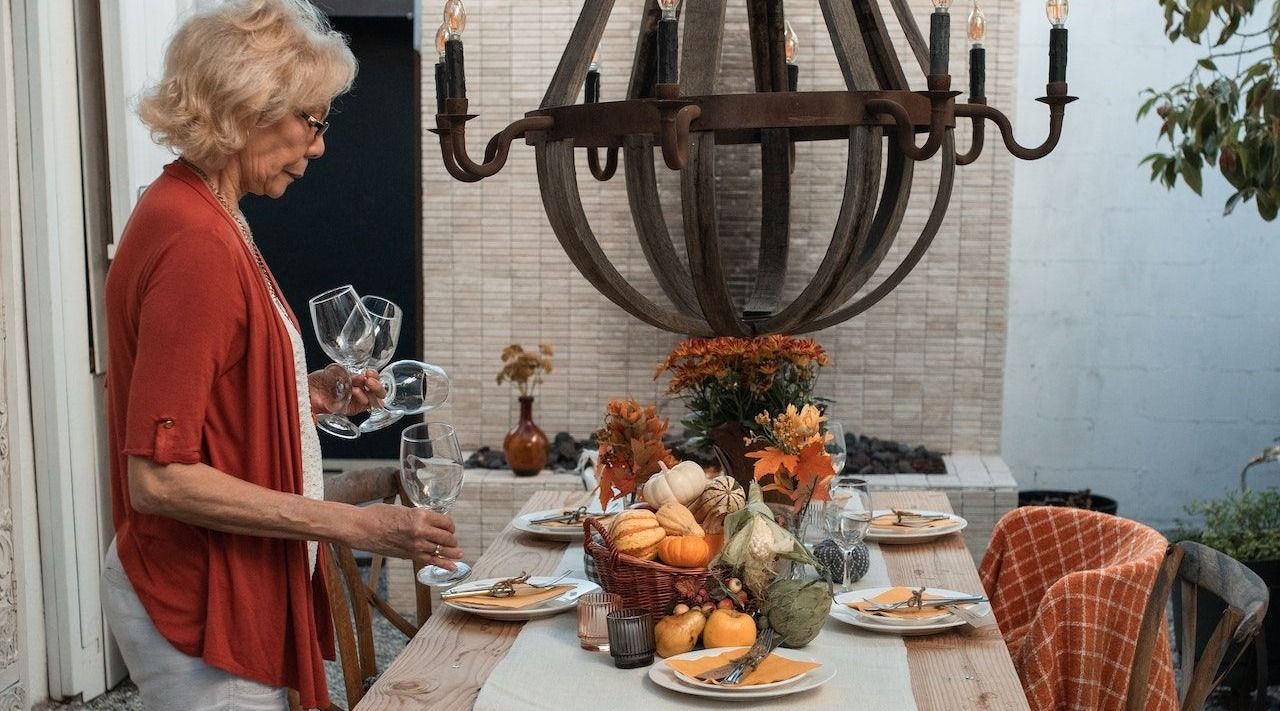
Fifty years later and I still struggle at the holidays. Anniversaries are hard, and while the pain in not acute, here are moments when a memory is sparked and the sense of loss is strong.
It doesn’t help that I suffer from Seasonal Affective Disorder. When fall sets in, the daylight hours are fewer. This time of year always makes me feel fatigued and a low mood.
When I share that I feel this way, some 50 years later, so many tell me there is something wrong with me. Its not normal.
Well, they need to understand that grief takes as long as it takes. I lost my oldest son, Geoff, a disabled veteran to suicide 11 yrs ago. He had a devastating pain condition.
Grief is a Process
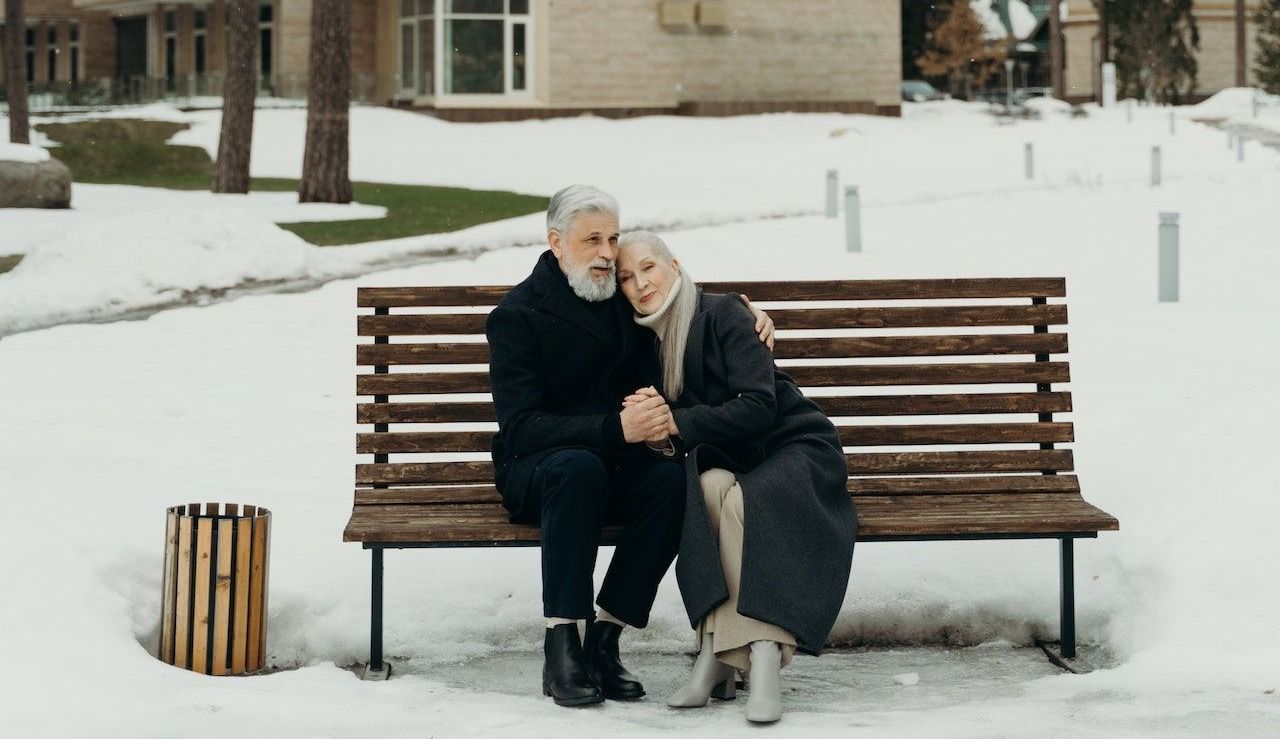
It's important to understand that grief is a process.
There is no right way to grieve. Everyone deals with his or her grief differently. And it takes as long as it takes. Holidays bring up emotions that collide with the message of joy, rebirth and renewal.
Now, please understand that the pain is not as acute as it was that first Christmas I lost my mom. The first holidays after Geoff died was so hard.
Depending on the strength of the bond that was broken, grief can be life-long. However, grief does soften and change over time.
With time, the holidays will become easier to handle.
I have 2 friends this year that have lost their husbands unexpectedly. Both are in the acute stages of grief.
If you're feeling grief this holiday season, know that you're not alone.
Holiday traditions spark memories that serve as a reminder of what has been lost. Observing the happiness of others during the holidays can make grieving individuals feel isolated and alone.
Over the decades I have developed strategies to cope with grief during the holiday.
Tips on How to Cope with Loss During the Holidays
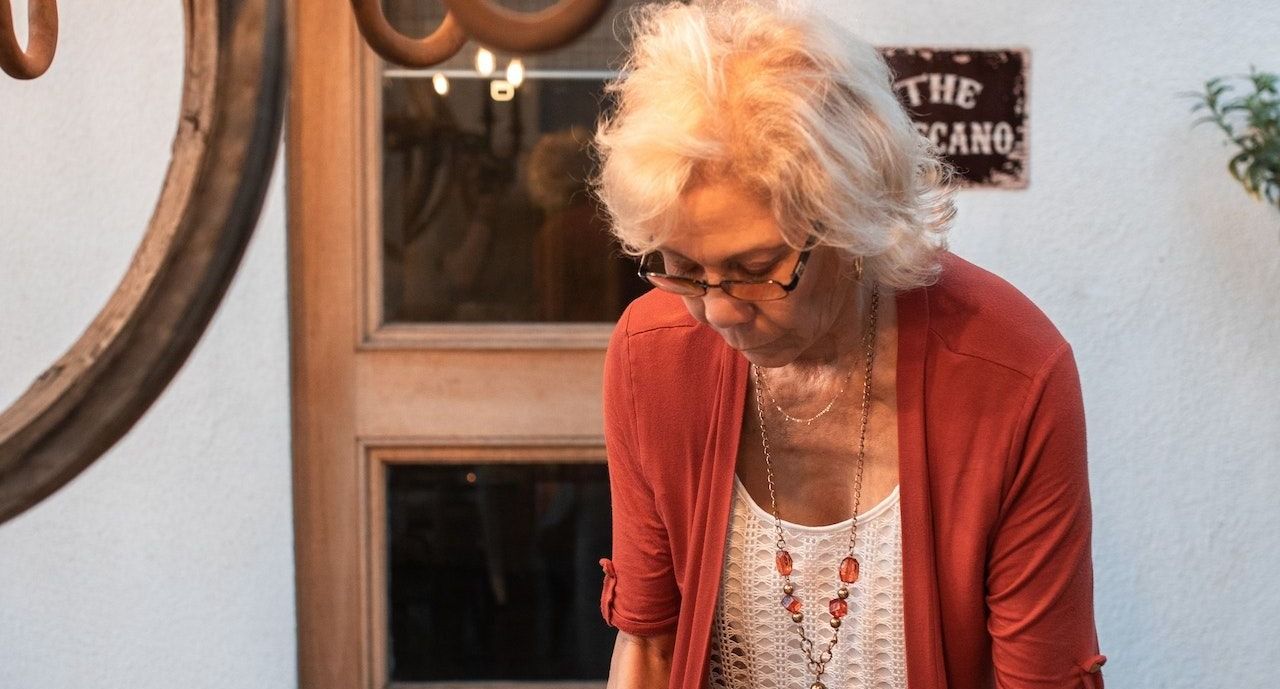
Allow yourself to feel your feelings as they come up. Grief often brings up conflicting emotions. You are feeling sad one moment, and full of holiday cheer the next.
Your feelings are valid. There is space for them all. Give yourself permission to feel without judgment.
I want to share something that happened to me a few weeks ago. I was visiting with a client. We were standing on her front porch and having a conversation. As I was talking to my client, her front door opened. Out walked this very large, bearded ginger of a fella.
For a brief moment, an ever so brief moment, I saw him, and I gasped and lost my breath. In the moment, my mind thought it was my son Geoff.
In the one moment, I went for having a very nice conversation to being overcome with terrible grief. I had to excuse myself and get in my car, where I just sobbed. Here I am 11 years later and still have moments of overwhelming pain.
It's important to allow yourself to feel any challenging emotions. As they come up. And they will come up. You may feel sadness, ager, or disappointment. Be gentle with yourself. Allow yourself to feel what it is you feel.
Do not suppress, ignore or deny your feelings of grief
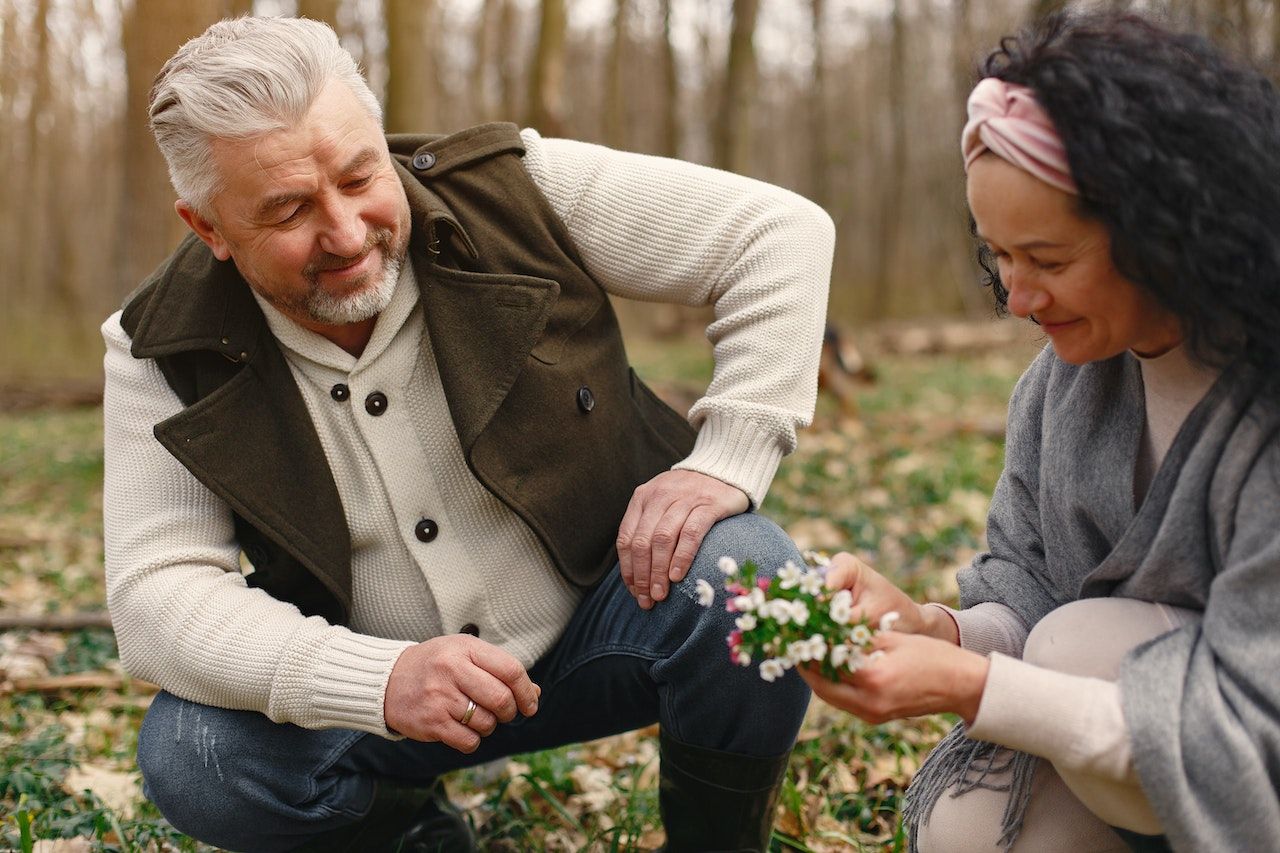
Feelings that go unacknowledged and unexpressed often build up. The stress of the holiday season can exacerbate those feelings until those feeling erupt like a volcano.
Allow yourself the time and space to acknowledge and express whatever feelings are coming up for you. I allowed myself to cry in the car, acknowledged I miss Geoff and worked through those feelings that took my off guard.
For those that have recently lost a loved one, I recommend consider starting a grief journal. It can help to work through some of those difficult feelings you may find challenging to express.
Resistance to opening ourselves up to those feelings reveals our fear of grief, loss, and change. This can leave us feeling victimized so that the holidays take on a focus of avoidance.
I have so many family caregivers say it's just another day. And, of course, it is. But, if we don’t have moments of celebrating and reconnecting with others, life gets lonely and isolating.
Acknowledge it is going to be hard through the holidays. That’s OK. Be in tune with your feelings. If you feel like going to a friend’s home, do it. If you feel that you need to stay home, and not celebrate, that’s Ok too. I personally find if I force myself to get dressed and go , I feel much better. If this isolation becomes a habit, then I suggest that you seek counseling. You may suffer from complicated grief.
Grief is a very physical experience
Grief is a very physical experience. It affects everything from your sleep to how, what, and when you eat.
Make sure you get enough sleep. Make time for naps or rest periods, if you need them. Try to eat nourishing foods. Avoid eating junk foods. And try to stay hydrated. Drink plenty of water. For those that drink alcohol I just want to make you aware that alcohol dehydrates. It can contribute to just making you feel worse.
I find this the single most important tip I can give anyone on the throes of grief.
Exercise as you have the energy. Try to spend some time outdoors during the day.
The Mind Body Connection is Powerful
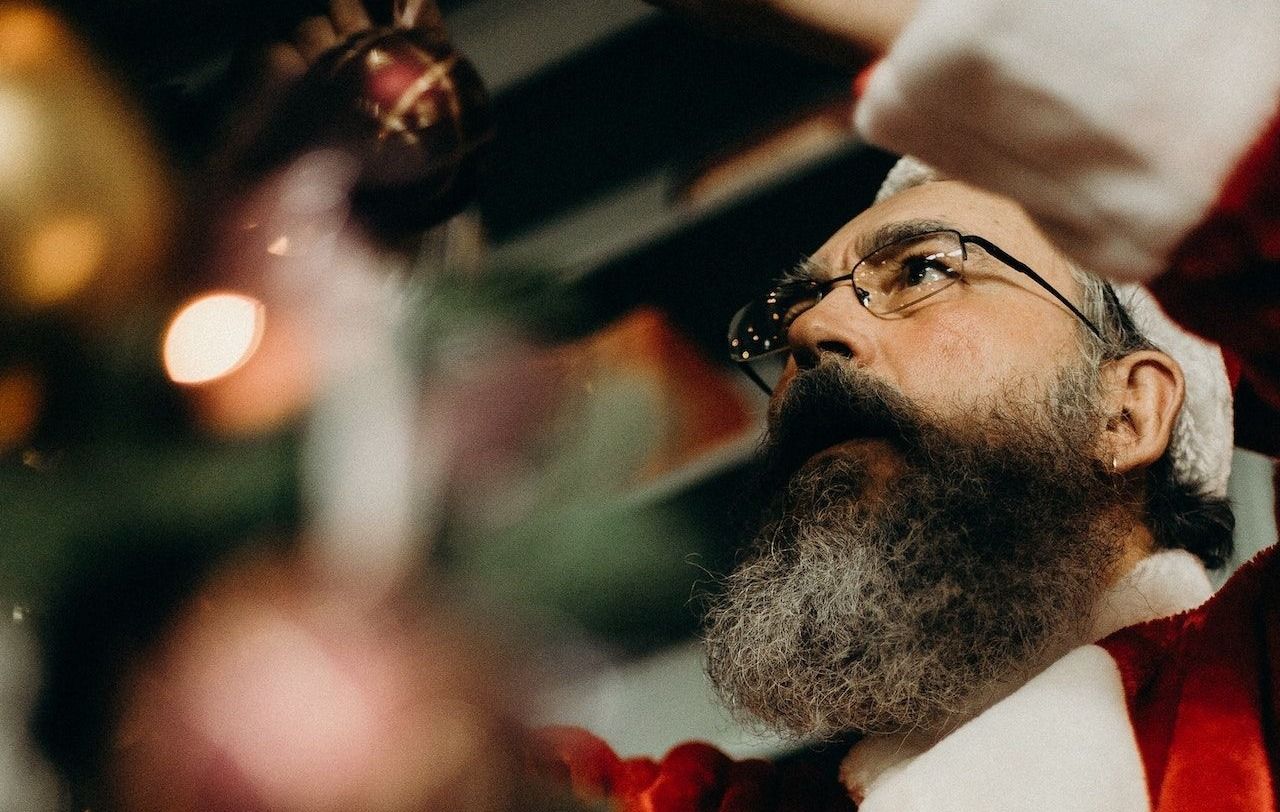
The mind-body connection is powerful. taking care of your physical self can help your emotional self, as you grieve.
As the holiday season approaches, our to-do lists can be overwhelming at the best of times. Holiday tasks such as shopping for presents or decorating may feel challenging. This is when you need to prioritize.
If the task is one that is important to you but that you don’t have the energy to complete, ask for help.
The holidays are meant to be a time when we are supposed to slow down, to connect, and enjoy traditions. Those traditions take on a new meaning when our loved one have passed.
I find many feel terrible guilt because they are moving on without their family member.
I know, for me, I thought of the others in my family. That first Christmas , I was only 18 yrs old. As the oldest of 4, I had to continue to move forward. I kept things as normal as possible. Over the years, I have learned to honor the memory of my mother and son. I have created new traditions. I make a family tradition of persimmon pudding for Geoff. And I honor my mom by baking the cookies she made.
Holiday Traditions and Feelings of Grief
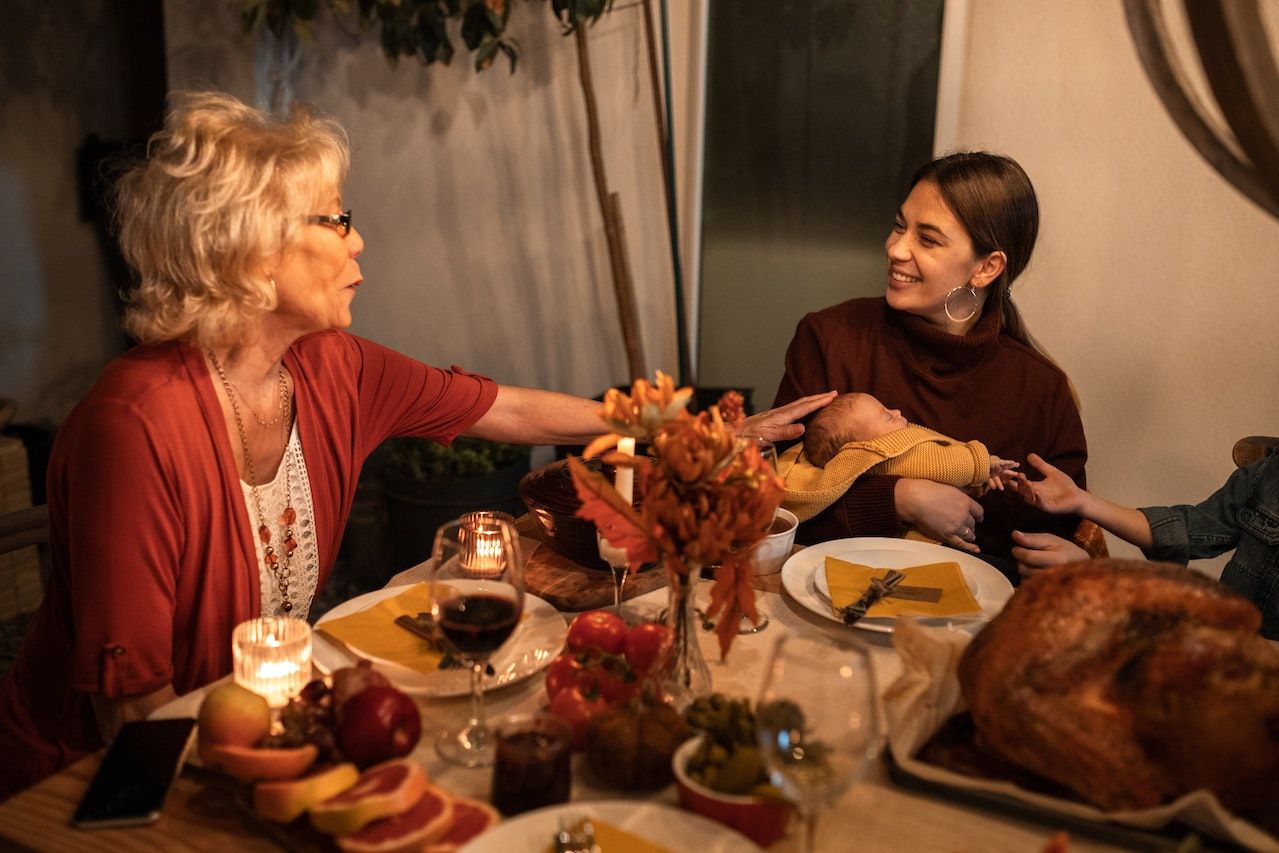
Over the years I have created new traditions, but always hang on to some of the routines of the past.
I have learned that helping others is the best way to ease our own pain, including grief. I grew up in a big Irish family. We always had room for one more at our dinner table. This is another way I honor my mother. As long as I can remember, I have always invited those that had no family close by, or lived alone to my home during the holidays. I always donated gifts to a family in need.
I used to bake up a storm and made sure that my neighbors had goodies during the holidays . Last year, I worked at a food kitchen and served Christmas to the homeless and less fortunate. It was so humbling for me. I met elderly, as well as young families that day. It put things in perspective for me. There are so many struggling and are grateful for the kindness.
Overcome Grief by Assessing Your Expectations for the Holidays

In my how to deal with holiday blues lesson, I talk about expectations.
Set yourself up for success by setting realistic expectations. Don’t expect that you can get through the holidays without a few moments of tears.
Coping with grief is unique to each person. It so important to communicate with other family members, about their expectations for the holiday season.
You might consider having a family meeting. Use this forum to give everyone an opportunity to voice their needs, wants, and preferences.
Remember, everyone’s grieving process is unique to them. What you each want and need during this season, may look different to other family members. Creating an open and ongoing dialogue can help everyone navigate the holiday season. It is a way to honor each person’s capacity for how, when, and in what ways they participate.
Feelings of Grief and Children
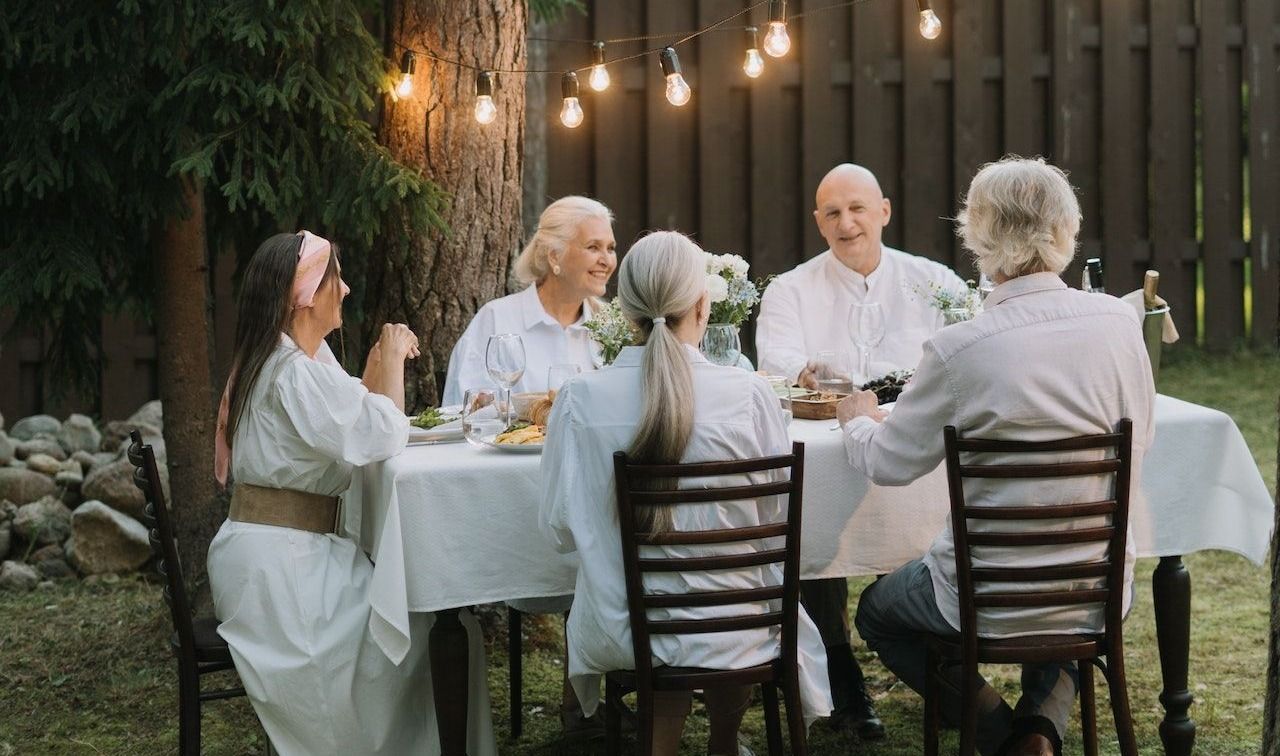
This leads me to talking about grief with the children in the family. It is never easy to discuss death and dying and grief with children. I always look for age appropriate books to help me explain this difficult subject. Of course, I have always been a person that is open and can speak freely about death and dying. To anyone at any age.
When grief is fresh, you may want to talk about how the holidays will be different this year. Encourage them to express themselves. Let them know that what ever they are feeling, you are there to listen to them.
If you are able to acknowledge and communicate your feelings, they will feel safer in doing the same. This will help them feel heard. It is also help them feel supported in their grief. I want to share here that my father would never allow us to talk about my mother's illness or her death. He was in such denial about what is happening in our home. I guess that is why I have been so open and able to discuss this difficulty topic.
I am sure that I suffer from complicated grief all these years later.
So, I encourage you to allow your children to voice what the holiday season will look like for them. Work with them to find ways they can be involved in the holiday season that honor their wants and needs.
Children aren’t always aware of the conversations going on around them. It can appear to them that no one is remembering or grieving the loss of their beloved family member.
Setting aside time and creating rituals around remembering their loved one, can reassure them that their loss and grief are real and valid.
This can be anything from setting a place at the table for them, to lighting a candle, to make a special ornament, or visiting the gravesite. Have a discussion with your children and include them in the planning. It can give them a healthy approach to our life cycle.
Grief is challenging any time of the year.
The grieving process impacts your emotional, mental, physical, and spiritual health.
Grieving is a process that ebbs and flows with some days (or even minutes) feel harder than others.
Many experience a more intense feeling of grief at specific times or dates. This could be, the anniversary of a death, marriage anniversaries, birthdays, and major events.
Do the Holidays Make You feel Out of Sync With Those Around You?
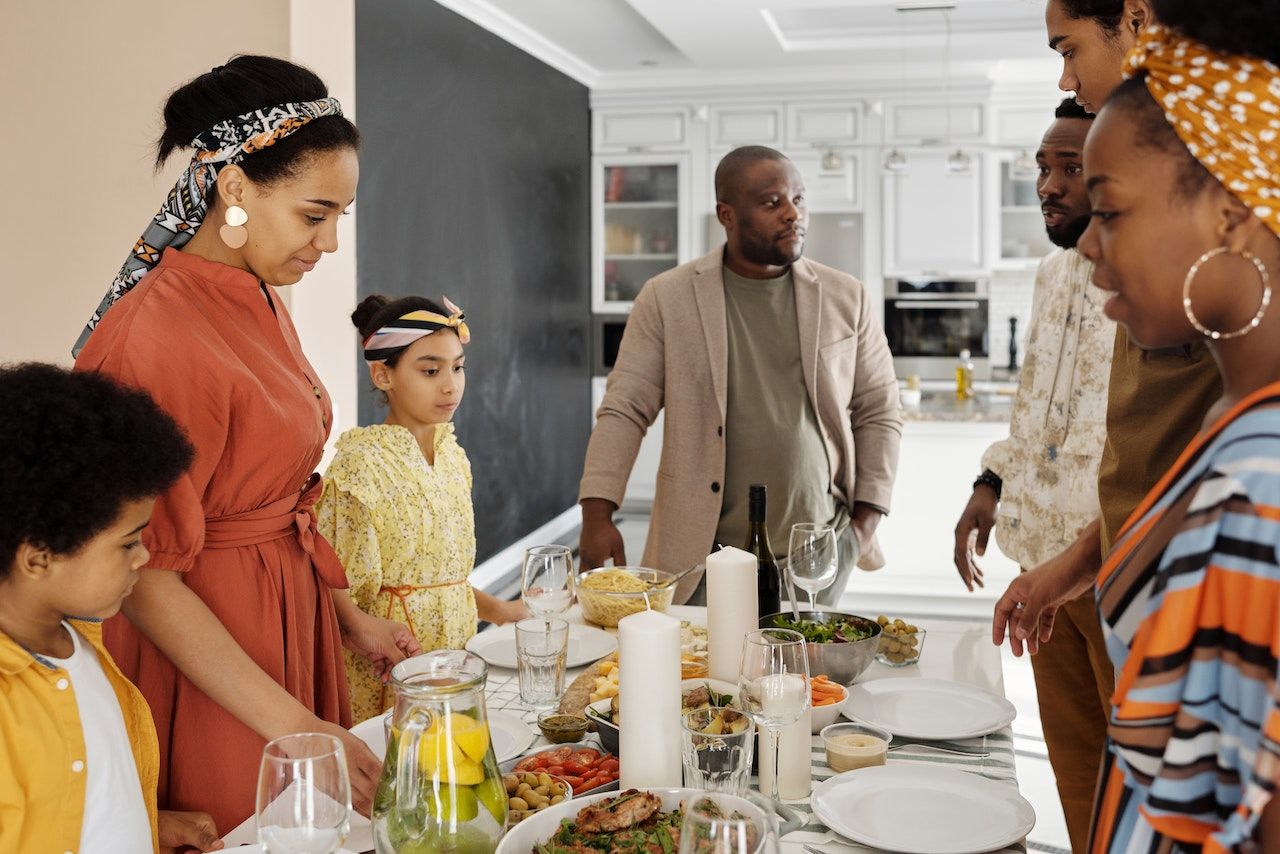
The holiday season makes many of us feel out of sync as we experience grief as the world around us is celebrating and good cheer, hopefulness, and connection.
When you’re grieving, your feelings are out of sync with holiday “vibes” This exacerbates your feelings of grief and loss.
The holidays are times of togetherness and joy. You can allow yourself to grieve during the holidays.
Grief and loss are feelings we never want to experience. These are feelings we face during all times of year. Allow yourself to think, act, and feel whatever you need to during the holidays.
It's OK if you feel you want to participate in the holidays. It's also OK to want to climb in the bed and hide under a blanket until spring. The hardest part of grief is not knowing which when a grief attack is going to hit.
Remember, grief takes as long as it takes. Just go with it.
You might also like this article:



